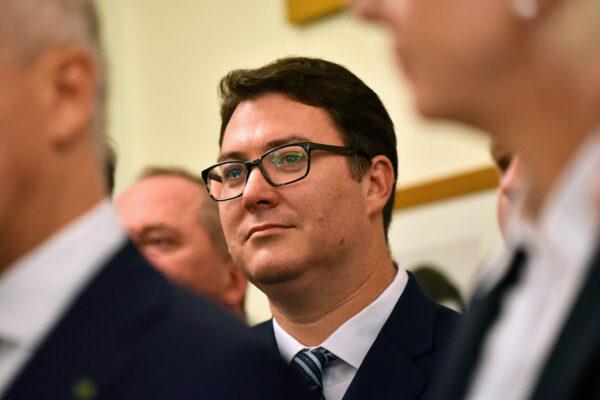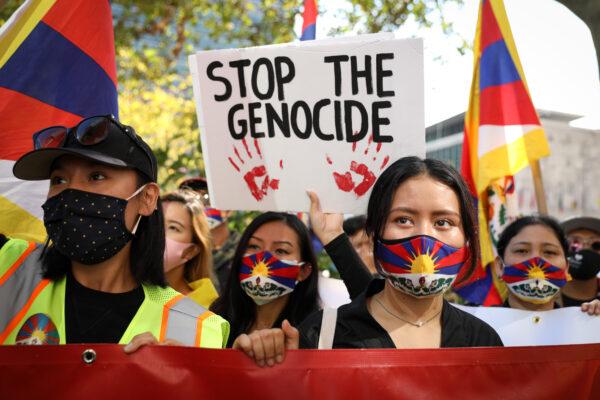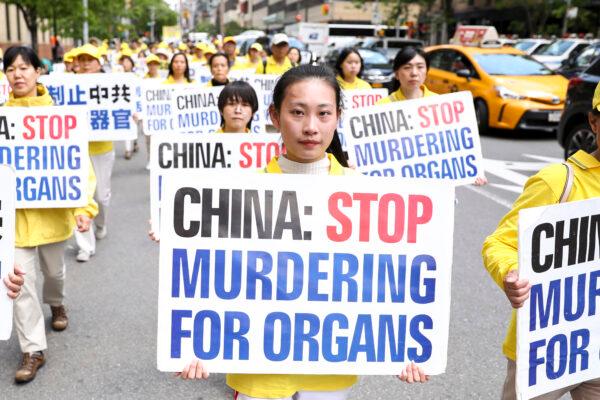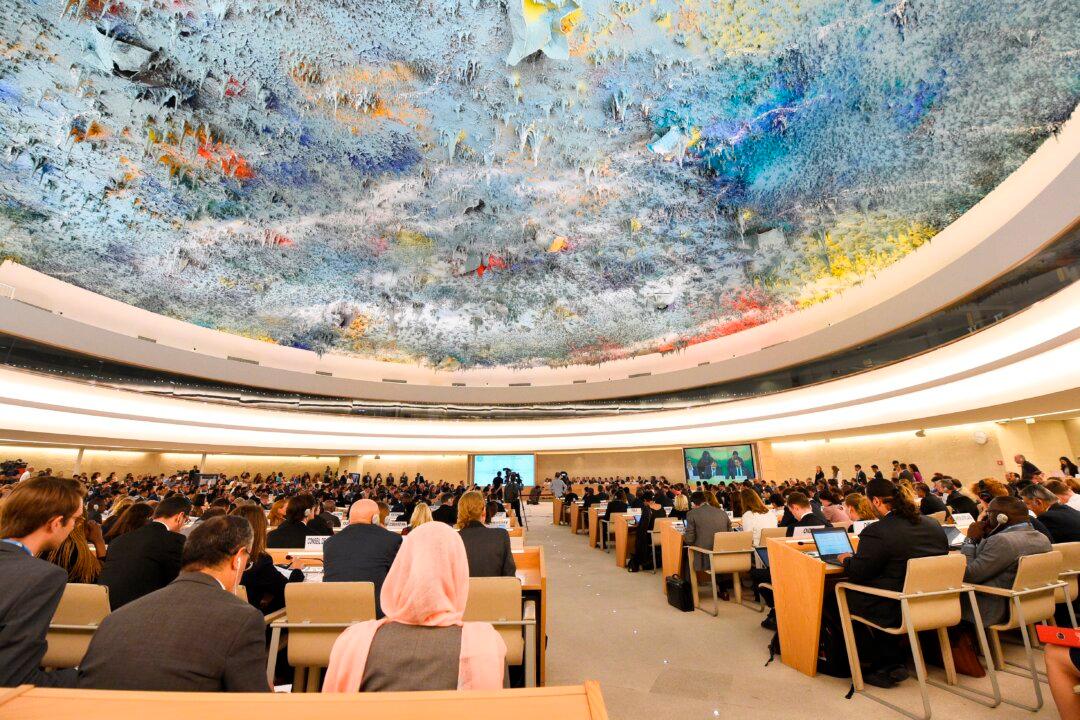China will begin a new three-year term on the United Nations Human Rights Council (UNHRC) on Jan. 1, 2021, after it was re-elected in October with 139 votes—which was 41 fewer votes than the last election.
Liberal National Party MP George Christensen said it’s a “shocking decision” given the Chinese Communist Party’s crimes against humanity, likening the move to putting “Dracula in charge of the blood bank.”
“We’re talking about someone going on to the United Nations Human Rights Council who has deprived life and liberty from Falun Gong practitioners, Christians, including Catholics. Tibetan Buddhists. Uyghurs. Democracy activists. Human rights activists themselves,” Christensen told The Epoch Times on Dec. 28.

“Now they’re about to be rewarded with a position, with a chair; a seat on the United Nations Human Rights Council. It just beggars belief,” he added.
The North Queensland member of Parliament said it’s a slap in the face to human rights and it demonstrated that the United Nations was “a completely failed organisation.”
“It is literally putting Dracula in charge of the blood bank by having the Chinese Communist Party regime sitting there on the human rights council of the United Nations,” he said. “When the Chinese Communist Party regime is forcibly harvesting organs from political prisoners, then to get a seat at the human rights council, as I say, it beggars belief.”

Rolando Gómez, a spokesperson for the UNHRC, said that while no country has a perfect human rights record, no country can escape the scrutiny of their human rights record regardless of whether they are a member of the human rights council.
“If a State thinks they can effectively conceal human rights violations they may have committed, or escape criticism by sitting on the Human Rights Council, they are greatly mistaken,” Gómez told The Epoch Times on Dec. 29.
Gómez said that the UNHRC is given legitimacy because the majority of U.N. member countries have served on the Council—119 out of 193 member countries.
“This broad membership not only reflects the U.N.’s diversity, but it gives the Council legitimacy when speaking out on human rights violations in all countries,” he said.
He added: “Imagine a global human rights body that was only accountable to and representative of a handful of countries. It could not credibly or effectively speak out against or influence human rights situations in much of the world.”

Gómez said that the issue of the Chinese regime committing forced organ harvesting had been raised by NGO’s at Human Rights Council meetings in the past, but said this must be addressed by China.
“Ultimately, it is the responsibility of all States to take action to improve their human rights situations and remedy any violations when they occur,” he said.
The Chinese regime’s re-election to the UNHRC comes after 921 lawmakers from 35 countries earlier this month issued a joint statement on International Human Rights Day to condemn the CCP’s decades-long persecution of the spiritual practice Falun Gong.
Falun Gong, or Falun Dafa, was introduced in China in the 1990s, known for its meditative exercises and moral teachings centered around three principles: truthfulness, compassion, and tolerance.
Levi Browde, the center’s executive director, applauded the lawmakers’ stance, calling it “an unprecedented effort” to “stop the Chinese Communist Party’s injustices against Falun Gong.”
“Together they send a clear message of solidarity to those suffering in China and an unmistakable rejection of the Chinese regime’s campaign to wipe out a peaceful faith practiced by tens of millions in China, and around the world,” he said in a press release.
Brenden Varma, the spokesperson for the president of the U.N. General Assembly, told The Epoch Times in a statement that the UNHRC is the epicentre for international dialogue around human rights, but the primary responsibility to uphold and champion human rights rests with member countries.
“The Human Rights Council is responsible for strengthening the promotion and protection of human rights around the globe; addressing situations related to human rights violations; and making recommendations in that regard,” he said on Dec. 30.
“The General Assembly takes into account the candidate States’ contributions to the promotion and protection of human rights, as well as their voluntary pledges and commitments in this regard. With membership on the Council comes a responsibility to uphold high human rights standards,” he added.





